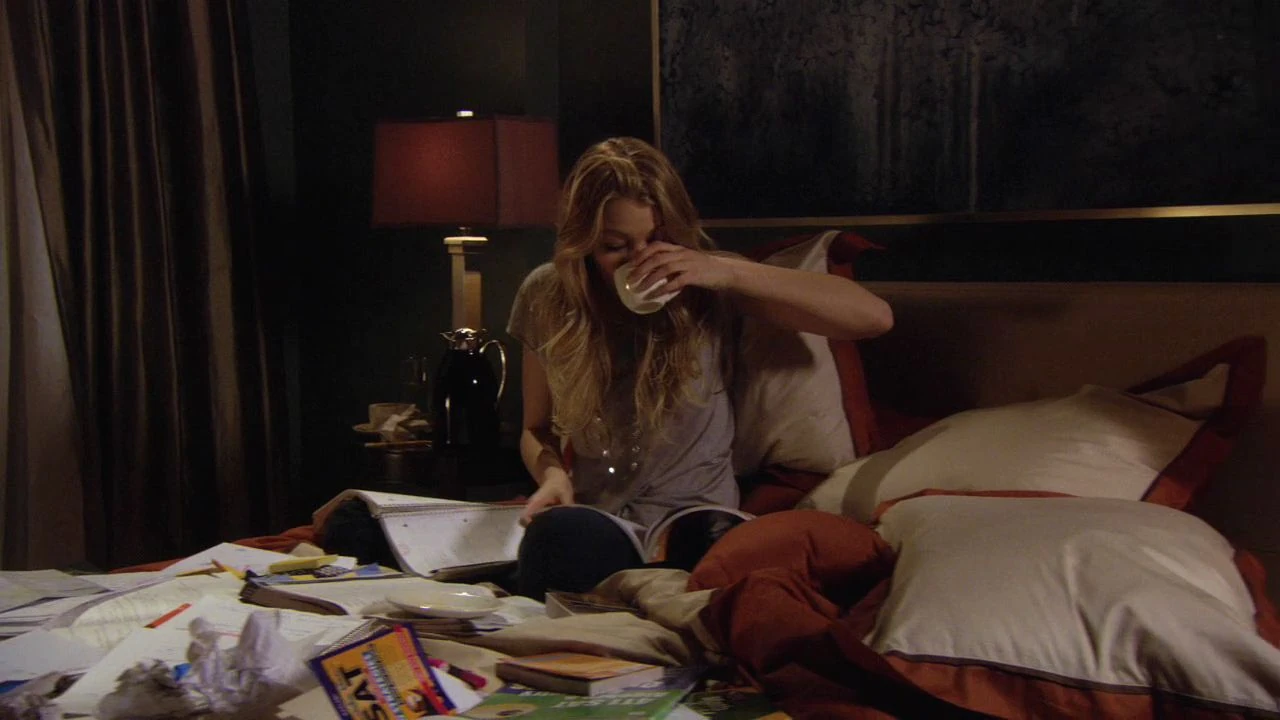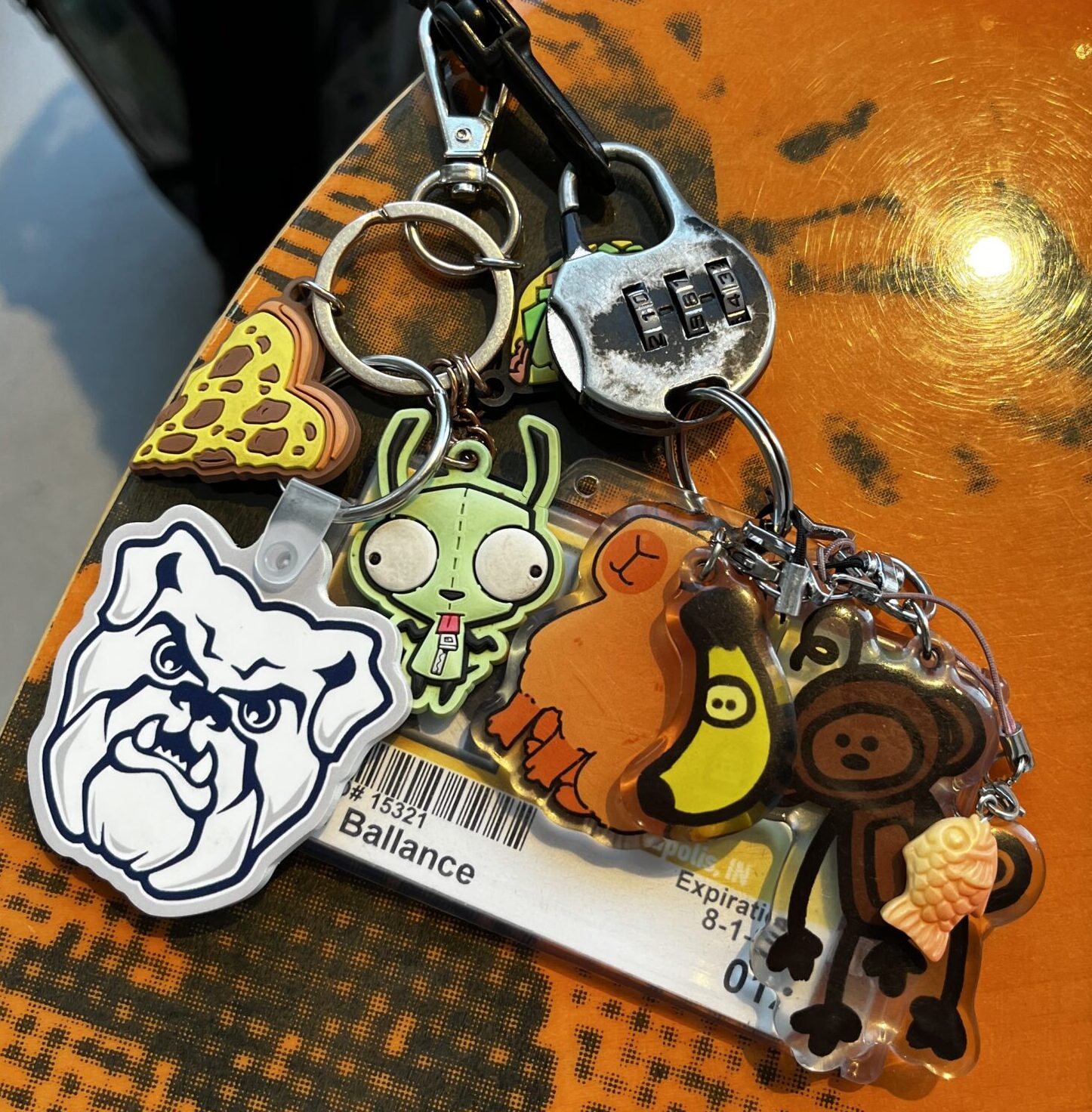Whether it’s AP World History, AP Literature, or AP Calculus, all Advanced Placement students share the same stress and tensity hanging over their heads, intensified by the inevitable and fast-approaching exams. Luckily, Herron is well equipped with teachers who have tips and tricks to maximize the last few weeks of AP exam season. Here is a quick Q&A with a few of our own AP class teachers to help alleviate exam nerves!
How can students effectively manage/balance their time to prepare for AP exams?
“You know what you know. Review materials; no amount of late nights will prepare you if you don’t know your material. Refresh, don’t cram. It’s already in there.”
Ms. Theaman (AP U.S. History)
“Organization. I’m a bullet journal evangelist.”
Ms. Fagan (AP Literature)
Any study techniques? Best resources?
“Always do a little bit at a time rather than do all of your studying the night before. I like the Pomodoro technique and recording my time. Do something fun in between, but make sure you’re taking real breaks.”
Mrs. Scroggins (AP Literature)
“Doing review boards and creating study materials. It’s always better to write over typing. Tell ChatGPT to summarize a unit as a gossip column.”
Ms. Theaman (AP U.S. History)
“Prioritize what’s most important. Focus on the big picture and work down to the details. Covering themes helps you know where to go.”
Ms. Cole (AP World History)
“Pomodoro!!!“
Ms. Cummings (AP Chemistry)
How can students identify which topics/units to focus on?
“Make a mindmap to identify what you don’t know, then use your resources to study that.”
Mrs. Scroggins (AP Literature)
“Looking back at performance on previous tests/quizzes, then doing practice tests on those units to see if your progress has changed.”
Ms. Theaman (AP U.S. History)
“AP Classroom progress checks.”
Ms. Ramsey (AP Environmental Science)
What are some mistakes students make in the weeks leading up to AP exams?
“Staying up, not eating, having too much caffeine, and talking yourself into doing badly.”
Mrs. Scroggins (AP Literature)
“Staying up too late. Students have the tendency to want to cram, especially the night before. Huge mistake.”
Ms. Theaman (AP U.S. History)
“Not taking feedback from teachers.”
Ms. Fagan (AP Literature)
“Assuming review doesn’t work.”
Ms. Cole (AP World History)
“Having no lunch. Take care of yourself, it’s gonna be okay. Prioritize sleep, eating, and drinking. There’s a lot of science behind getting 8 hours of sleep. It’s when your brain turns information from short-term to long-term.”
Ms. Cummings (AP Chemistry)
Good brain food?
“Protein is important. For dinner, chicken or fish with veggies or rice. Nothing too heavy. For breakfast, I like having cottage cheese, a protein shake, and avoiding sugar.”
Mrs. Scroggins (AP Literature)
“Have breakfast for sure, you’re up earlier than usual, so you have to use your brain earlier than usual.”
Ms. Theaman (AP U.S. History)
“Not too many carbs. It makes your blood sugar go up, and then plummet. Take solid protein, fruit, and nuts.”
Ms. Cummings (AP Chemistry)
“Lots of fiber and veggies. Peanut butter.”
Ms. Ramsey (AP Environmental Science)
How can students stay motivated/productive during AP exam season?
“Remember that it’s almost over. The light at the end of the tunnel isn’t just a light at the end of the tunnel anymore, it’s here. But don’t speed up and burn yourself out. Don’t slow down either.”
Ms. Theaman (AP U.S. History)
“Make goals and have a reward system. Study, then do something fun! Don’t withold your rewards.”
Ms. Cole (AP World History)
“Breathing.”
Ms. Cummings (AP Chemistry)
“Take time for yourself. It’s important to take breaks and do fun things.”
Ms. Ramsey (AP Environmental Science)
Specific exam advice for your specific subject?
“There’s no real way to study because it’s skill based, and the exam is all about demonstrating what you’ve learned. I’d use lit term packets and Sparknotes to refresh.”
Mrs. Scroggins (AP Literature)
“Write about Invisible Man on the third FRQ.”
Ms. Fagan (AP Literature)
“Attempt everything, even if you’re unsure. Points don’t get taken away if you get something wrong. Interpret the question before identifying themes.”
Ms. Cole (AP World History)
“Do a mixture of solid and challenging problems, you need both! Write your ions!“
Ms. Cummings (AP Chemistry)
“Be specific in FRQs. Don’t dump everything you know on it! Look for the FRQ you’re most confident with.”
Ms. Ramsey (AP Environmental Science)
What are the differences between AP exams and Herron’s benchmarks/finals?
“More writing, and time length. You also don’t know the content you’ll be tested on.”
Ms. Fagan (AP Literature)
“You’re out of your comfort zone, so take time to process. Remember that you’re doing the best you can.”
Ms. Cole (AP World History)
Tips for each section of the AP exams? (MCQ, FRQ)
“For the FRQ, plan out what you’re gonna say. Take five to ten minutes for the thesis. Four paragraphs.”
Mrs. Scroggins (AP Literature)
“If you can’t answer the MCQ in thirty seconds, skip it and come back. Read the prompts. Identify what it’s asking and what unit it’s from. Don’t pick the easiest prompt, pick the one you know most about.”
Ms. Theaman (AP U.S. History)
“Use the ‘heavy hammer’ technique. Explicitly label complexity.”
Ms. Fagan (AP Literature)
“For the MCQ, eliminate the obvious, ask yourself if it’s true, relevant, and/or in the right time period. For the SAQ, always explain. For the DBQ, remember it’s more skill-based. If you don’t know what the prompt is asking, use the documents.”
Ms. Cole (AP World History)
“Be mindful of pacing. Nobody knows everything.”
Ms. Cummings (AP Chemistry)
Thoughts on independent review vs. group study?
“It depends on who you are. If you can do independent study, do it. If you can do group study, do it. I’m a fan of body doubling (when you and another person are both working on things in the same space, but independently). It makes you want to stay productive because you think the other person is doing work, even if they’re watching a show on their laptop.”
Ms. Theaman (AP U.S. History)
“Both have value. Group study is nice because you’re all in it together.”
Ms. Ramsey (AP Environmental Science)
Advice for students that feel behind or anxious? Cramming tips?
“Use YouTube and ChatGPT. There are so many ways to have information presented quickly. Use your resources to refresh.”
Ms. Theaman (AP U.S. History)
“Positive self talk! Make playlists. A song that keeps me motivated is the song Define Dancing from WALL-E. Do anxiety techniques like grounding methods. Everyone has to guess on the test at some point.”
Ms. Cole (AP World History)
“If you’re cramming, learn from it to learn how to pace. Try your best. Keep your neurons firing.”
Ms. Cummings (AP Chemistry)
Anxiety is certainly synonymous with exam season, but as students, it’s important to uphold the honor and responsibility of education by making the most out of the learning experience. Having a teacher is the greatest resource, and is not something to overlook. These tips come from years of their own mistakes and accomplishments, and have been developed to help students find their own academic success. If you still feel panicked, as we all do, remember that our teachers are always ready to support and prepare us.






